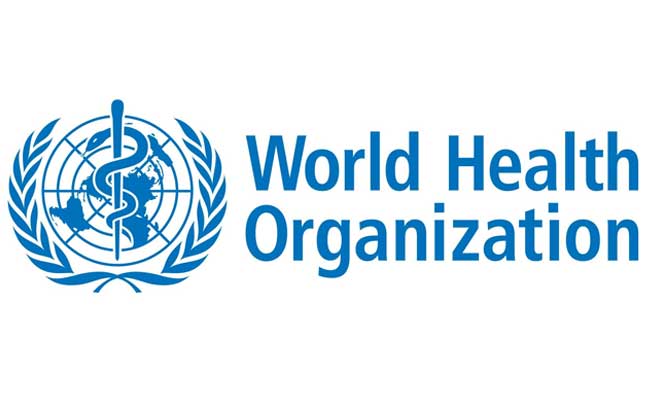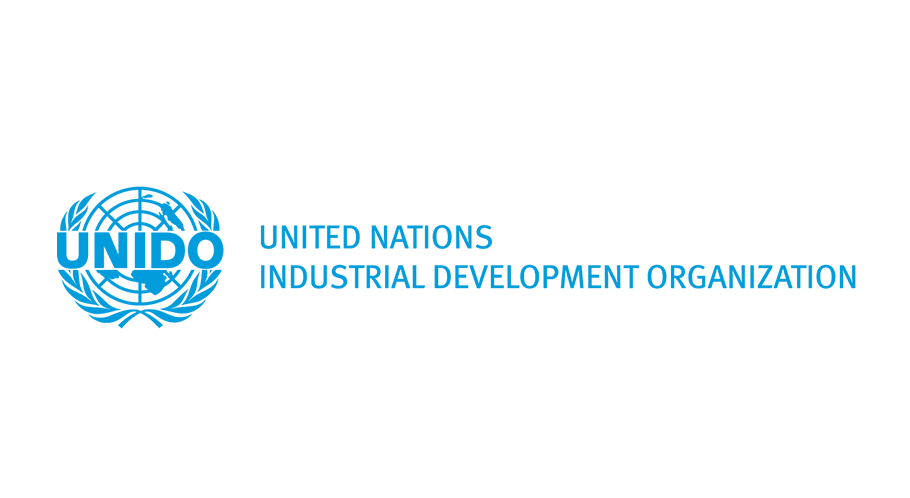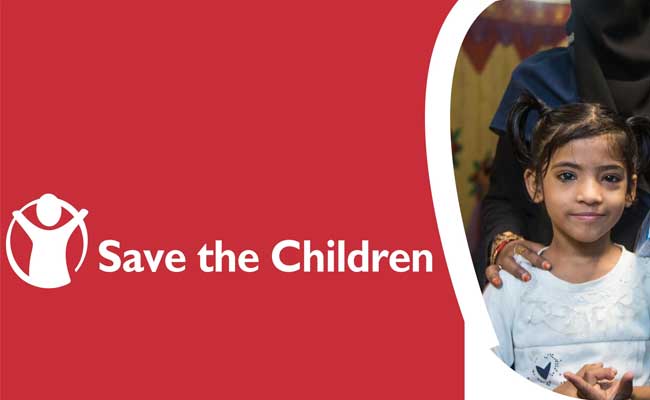Introduction
The World Health Organization (WHO) is an international organization responsible for the promotion of health, prevention, and treatment of diseases worldwide. Founded in 1948, it is part of the United Nations system and headquartered in Geneva, Switzerland. The WHO has been instrumental in improving global health outcomes, including the eradication of smallpox and the reduction of mortality rates from infectious diseases.
History of WHO
The World Health Organization was established on April 7, 1948, with the objective of improving the health of people across the world. The organization was created in response to the devastation caused by the Second World War, which highlighted the need for international cooperation to promote health and prevent disease. The WHO’s constitution was signed by 61 countries and entered into force on April 7, 1948. Since then, the organization has grown to include 194 member states, with its headquarters located in Geneva, Switzerland.
WHO’s Mission and Objectives
The mission of the World Health Organization is to improve the health of people worldwide. Its objectives include the prevention and treatment of diseases, the promotion of healthy living, and the development of sustainable health systems. The WHO works to achieve these objectives by providing technical assistance, setting norms and standards, and coordinating global health initiatives.
WHO’s Structure and Governance
The World Health Organization is headed by a Director-General, who is appointed by the member states for a five-year term. The Director-General is responsible for the overall management of the organization and serves as its chief spokesperson. The WHO is governed by the World Health Assembly, which is made up of representatives from each of the member states. The World Health Assembly meets annually to review the WHO’s policies and programs and to make decisions on its future direction.
WHO’s Achievements
The World Health Organization has achieved numerous successes in its efforts to improve global health outcomes. One of its most significant accomplishments is the eradication of smallpox. The WHO spearheaded a global campaign to eradicate the disease in the 1970s, which involved vaccination programs and surveillance measures. The last case of smallpox was reported in 1977, and the disease was officially declared eradicated in 1980.
The WHO has also been instrumental in reducing mortality rates from infectious diseases. The organization has launched global initiatives to combat diseases such as HIV/AIDS, tuberculosis, and malaria. Its efforts have led to a significant reduction in the number of deaths caused by these diseases.
The WHO has also played a critical role in promoting healthy living. The organization has worked to raise awareness of the dangers of tobacco use and has helped to implement policies to reduce smoking rates worldwide. The WHO has also advocated for better nutrition and physical activity to prevent non-communicable diseases such as diabetes and heart disease.
Challenges Facing the WHO
Despite its numerous successes, the World Health Organization faces several challenges in its efforts to promote global health. One of the most significant challenges is the lack of adequate funding. The WHO relies on member state contributions to fund its operations, which can be unpredictable and insufficient. The organization’s budget has been a subject of debate, with calls for increased funding to enable it to address emerging health challenges adequately.
Another challenge facing the WHO is the emergence of new and re-emerging infectious diseases. The organization has been criticized for its response to outbreaks such as Ebola and Zika, with some arguing that it has been slow to act and lacked coordination. The WHO has recognized the need to improve its response to these outbreaks and has launched initiatives to strengthen its capacity to detect and respond to infectious disease threats.
The WHO has also been criticized for its governance structure, with some arguing that it is too slow and bureaucratic. The organization has acknowledged the need to streamline its decision-making processes and has launched initiatives to make it more agile and responsive to emerging health challenges.
![]()






One thought on “World Health Organization”